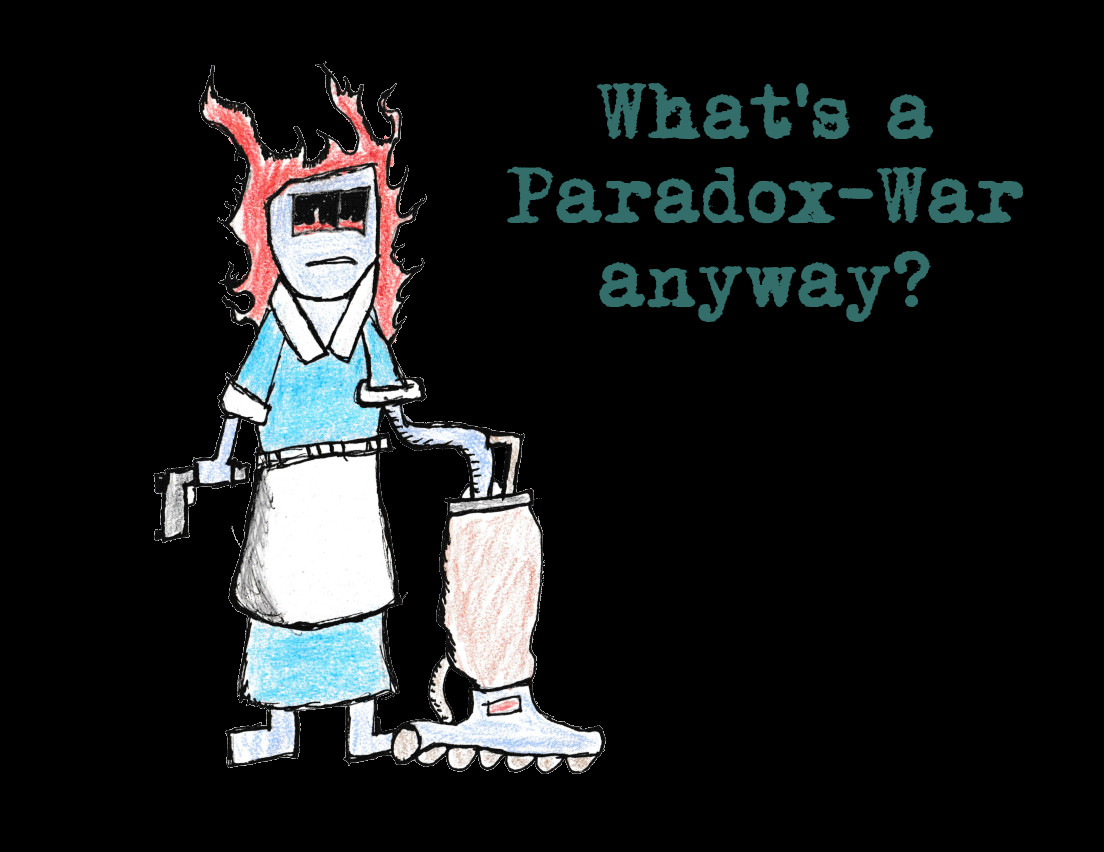this post was submitted on 08 Aug 2023
10 points (85.7% liked)
rpg
3299 readers
11 users here now
This community is for meaningful discussions of tabletop/pen & paper RPGs
Rules (wip):
- Do not distribute pirate content
- Do not incite arguments/flamewars/gatekeeping.
- Do not submit video game content unless the game is based on a tabletop RPG property and is newsworthy.
- Image and video links MUST be TTRPG related and should be shared as self posts/text with context or discussion unless they fall under our specific case rules.
- Do not submit posts looking for players, groups or games.
- Do not advertise for livestreams
- Limit Self-promotions. Active members may promote their own content once per week. Crowdfunding posts are limited to one announcement and one reminder across all users.
- Comment respectfully. Refrain from personal attacks and discriminatory (racist, homophobic, transphobic, etc.) comments. Comments deemed abusive may be removed by moderators.
- No Zak S content.
- Off-Topic: Book trade, Boardgames, wargames, video games are generally off-topic.
founded 2 years ago
MODERATORS
you are viewing a single comment's thread
view the rest of the comments
view the rest of the comments

Personally I always prefer when the rules of a system can stand alone and don't make too many assumptions about the setting. One of the biggest adjustments I had to make when migrating my group from D&D 5e to Pathfinder 2e is that Pathfinder makes far more assumptions about setting compared to D&D.
In Pathfinder there are certain classes and game mechanics which are very tightly coupled to the setting of Golarion, particularly for the Cleric and the Champion. I personally am not a big fan of "loose Pantheon" and "interventionist gods" in my fantasy and spent a lot of time on my own custom setting for D&D which I've been porting into Pathfinder.
It's surprising given how much better PF is in other ways that it tries to force its (IMO kinda dumb) setting on the game. Like Pathfinder Champions and Clerics literally say that you have to worship an individual god, not a Pantheon, and that your god directly gives you powers. Whereas D&D Clerics and Paladins just say that you need to dedicate yourself to an idea, and that the religion may or may not be involved. IMO this is much better as a setting-agnostic system.
I think part of the reason D&D wins out here despite the fact that Pathfinder is the (again IMO) better-designed system overall is that D&D has a legacy of multiple settings being used for its adventures, whereas my understanding is that PF has always used the same setting. So when WOTC was creating 5e they built in a certain degree of setting-agnosticism from the ground up.
5e rulebook has a very weird balance of lore/rules. There is so much lore, like pages for each race, but they are fairly vague. I have a hard time imagining anyone using the loosely Tolkien races strictly as presented in the rulebook. So I ask why so many pages dedicated to that?
I think that, like with so much else in 5e, they lean heavily on the DM to fill in the blanks. And while I've come to disagree with that philosophy for mechanics design, I actually really appreciate it for the fluff. It allows me to fill in the blanks with stuff about my own setting rather than have to use theirs. 5e gives you just enough fluff to explain why each race/class gets the features it gets, but then leaves a lot open to interpretation and to the DM's world.
Almost every great 5e campaign I've ever played in or watched in an actual-play used a custom setting instead of Forgotten Realms. Whereas with PF2e, I was surprised when I first joined the community that virtually everyone in the online spaces seemed very familiar with all of the Golarion lore, which I suppose makes sense since it seems more "expected" for PF2e.